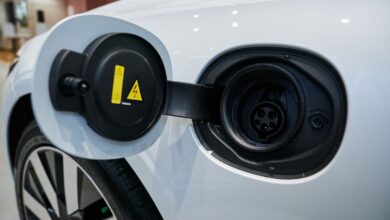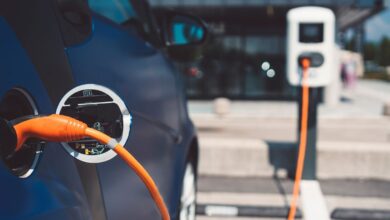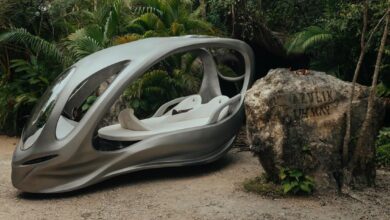NJ Transit ahead of schedule in switch to electric vehicles
NJ Transit is ahead of schedule on fulfilling a state mandate to convert its light-duty, non-revenue service vehicles to zero-emission models.
To date, the agency has converted 100 of its 323-vehicle fleet of cars, SUVs, vans and small trucks to plug-in electric hybrid (PHEV) or battery-electric vehicles (EV). Of those 100, 81 are PHEVs and 19 are EVs, the latter including 12 Toyota BZ4X, six Chevy Bolts and one Ford Transit Cargo.
The agency has also installed 56 charging stations at its properties and garages around the state, including 50 Level 2 chargers and six “fast” chargers, or Level 3.
Story continues below photo gallery
NJ Transit’s energy and sustainability board committee members received a presentation from Jeff McNulla, senior director of organizational services, about this first conversion phase and how the agency plans to transition the remaining 232 light-duty vehicles.
These vehicles are not used to transport paying riders. They are used to get workers and supplies around, and by the NJ Transit Police Department and front office workers. They are used by employees to go to an event or a facility, or to assist when there are problems on the road or near tracks.
This changeover was sparked by a law signed by Gov. Phil Murphy in 2020 that required 25% of state vehicles to be zero-emission by 2025 — a target NJ Transit met last summer — and 100% by 2035.
To get to this point, NJ Transit has spent about $4.85 million since 2020, with the help of a $1.1 million grant and the remaining funds coming from the state Transportation Trust Fund. The agency says it is realizing savings by eliminating the need for 4,000 gallons of gas per month.
Among the chargers already installed are six at the agency’s current headquarters. As part of the next phase, NJ Transit is planning to spend $1.4 million to install 40 chargers at the parking garage for their new headquarters that has been widely criticized for its expensive price tag. The agency is seeking a grant from the state Department of Environmental Protection to cover that cost.
Purchasing more electric chargers
NJ Transit is also exploring purchasing EV ARC chargers, which are portable canopies that fit into a standard parking space and don’t require permits or hook-ups to the electrical grid because they only use solar power to generate energy to charge vehicles. One charger can charge up to six vehicles at a time. The costs of one canopy can range from $70,000 to $80,000.
The rollout of placements for other charging stations for non-revenue vehicles is happening partly in conjunction with the build-out and renovation of NJ Transit’s bus garages, some of which are also undergoing transitions for electric buses that will serve customers.
“We’re currently working on installing four charging stations at Howell bus garage and will continue working with capital planning and bus as they expand the NJ Transit electric bus fleet,” McNulla said.
The challenges facing the revenue service fleet far exceed that of light-duty vehicles.
To update just five of NJ Transit’s current 16 bus garages with charging infrastructure will require more than $1.3 billion. NJ Transit launched seven electric buses in 2023 — a fraction of its more than 2,000-bus fleet — and also faces a state mandate requiring that 10% of new bus purchases be zero-emission by December and 100% by 2032.
The market for electric buses in the U.S. is far smaller than those for sedans, vans and smaller vehicles, which is among the hurdles NJ Transit and other transit agencies around the country face, as they all face pressure to transition to zero-emission buses.



